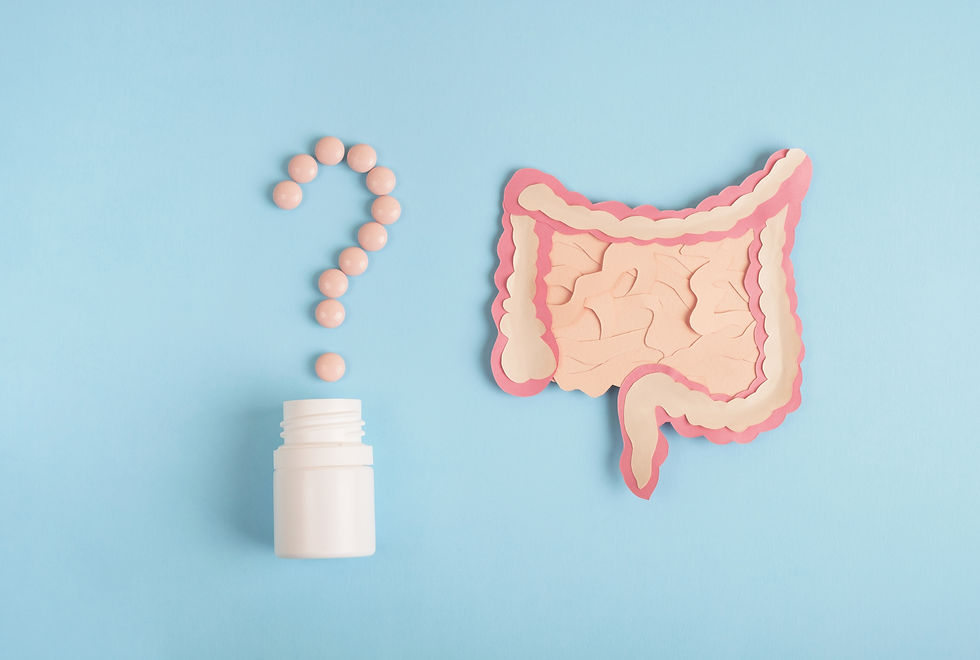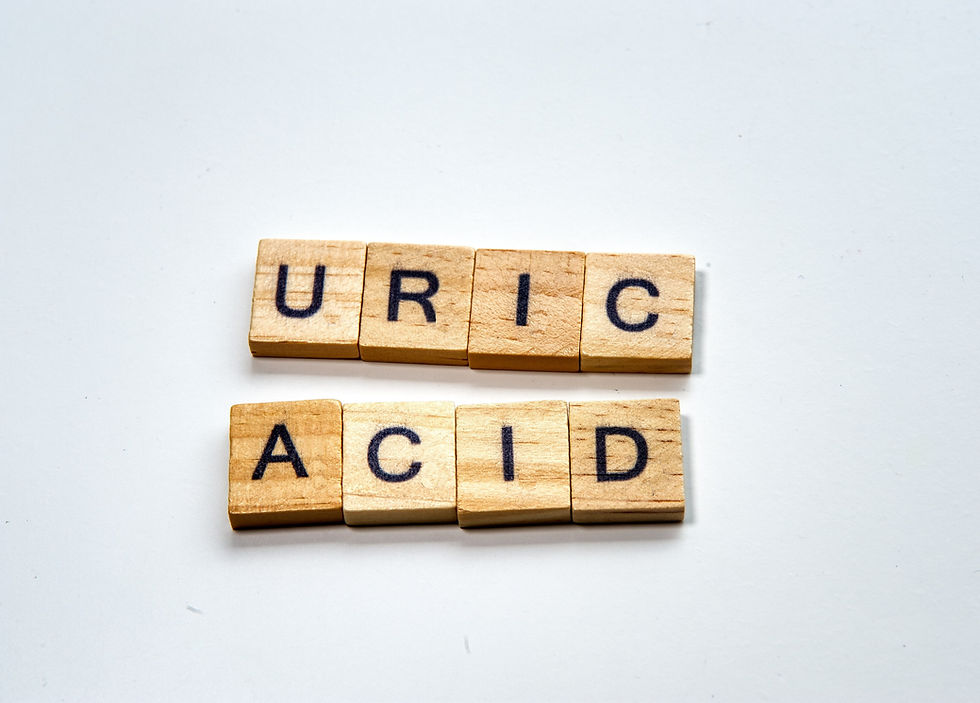Understanding the Distinct Worlds of Coccus, Lactobacillus, and Bifidobacterium
- Hoony

- Jan 9, 2024
- 2 min read
Updated: Jan 20, 2024
The microscopic realm of bacteria holds immense significance in human health, with different bacterial types playing varied roles. Among these, coccus, lactobacillus, and Bifidobacterium stand out for their unique characteristics and contributions to our well-being.

Coccus Bacteria Coccus bacteria are spherical and often found in clusters or chains. These bacteria inhabit various environments, including the human body, where they can be either beneficial or pathogenic. Some coccus bacteria are known for their role in fermentation processes, while others are crucial in our respiratory or immune systems. Understanding the balance of these bacteria in our body is key to maintaining health, as imbalances can lead to various diseases.
Lactobacillus Lactobacillus, a rod-shaped bacterium, is predominantly known for its presence in the digestive system, mouth, and vagina. These bacteria are pivotal in breaking down lactose and other sugars to produce lactic acid, a substance vital for maintaining an acidic environment in the gut and inhibiting harmful bacterial growth. They play a significant role in digestive health, contributing to nutrient absorption, immune function, and potentially even influencing mood and mental health. Lactobacillus is widely used in the production of yogurt, cheese, and other fermented products, and is a common component in probiotic supplements for gut health.
Bifidobacterium Bifidobacterium, with its characteristic Y-shaped structure, is a critical component of the intestinal flora, especially in infants. These bacteria are adept at fermenting complex carbohydrates, producing lactic acid and other beneficial compounds. They play a crucial role in maintaining gut health, aiding digestion, and supporting the immune system. The presence of Bifidobacterium in the gut has been linked to various health benefits, including improved digestion, enhanced immunity, and possibly even protection against certain intestinal disorders.
In summary, coccus, lactobacillus, and Bifidobacterium each play distinct roles in our health, with their unique structures and functions contributing to a balanced microbial ecosystem in the human body. Understanding these differences is crucial for appreciating the complexity and importance of our microbiota.



